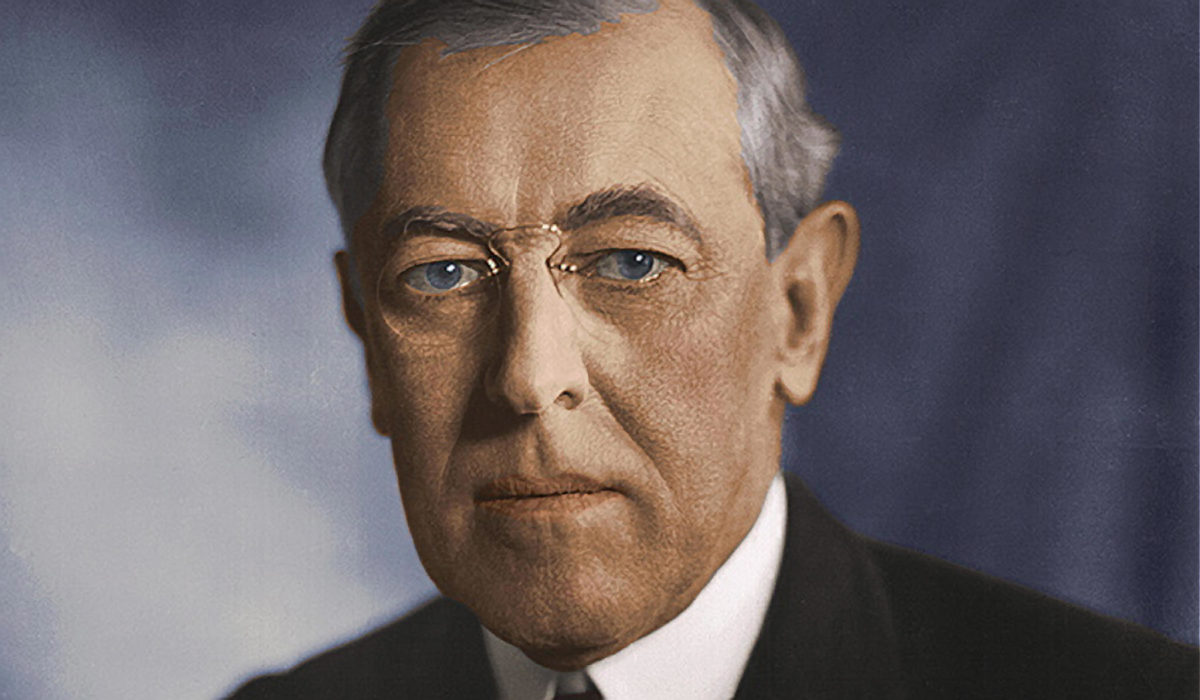THIRTY MILES SOUTH OF the Narrows, which divides New York’s Upper Bay from the sea, the wide sandy beaches of Sea Girt, New Jersey, welcome the cool winds off the ocean. The governor’s summer mansion, paneled in white wood and dark shutters, rested on lawns set back 1000 yards from the water, behind the National Guard rifle range that intervened between house and sea.
Yesterday afternoon at 2:48 p.m., Governor Woodrow Wilson got a telephone call from Baltimore. Although he hadn’t yet completed two years as New Jersey’s chief executive, he walked upstairs to inform his wife, Ellen, that he was about to be named the 1912 Democratic presidential nominee.
In Baltimore the marathon was about to finish. Five long days of deadlock, and forty-two ballots, had failed to give either of the two leading candidates, Wilson and Champ Clark, the two-thirds majority each needed to win the nomination. Then, on the forty-third ballot, Illinois moved, casting all fifty-eight of her votes for Wilson. The third-place candidate, Oscar Underwood, released his delegates, as did Champ Clark. The roll call for the forty-sixth ballot got underway as mid-afternoon approached. Charles F. Murphy stood to announce that his state, the largest in the Union, had changed sides: “New York casts 90 votes for Woodrow Wilson,” he said, and got the biggest cheer of the roll call. On Champ Clark’s suggestion, the convention acclaimed Woodrow Wilson unanimously.

Thomas Woodrow Wilson, now fifty-six years old, was a Southerner: he was born in Staunton, Virginia, in 1856. His earliest memory was of being three years old, hearing that Abraham Lincoln had been elected president and that there was going to be a war. Wilson earned his doctorate at Johns Hopkins University in history and political science, and taught constitutional law at Princeton, where he was appointed president of the university in 1902, serving until 1910. As governor of New Jersey he pursued an agenda of progressive reform, introducing worker’s compensation and sidelining the party bosses by introducing presidential electoral primaries. His quick rise to national prominence catapulted his presidential run.
Wilson stepped out onto the wide front porch of his house to face the crowd of reporters camped outside. His acceptance speech was short, and devoid of triumphalism. “The honor is as great as can come to any man by the nomination of a party,” he said, “and I hope I appreciate it at its true value; but just a[t] this moment I feel the tremendous responsibility it involves even more than I feel the honor.”
“The news was received in a spirit of solemnity,” the New York Times said. “There were no cheers, no exclamations, no shouts. Even the soldiers on the rifle range near by stopped firing.”
Two weeks ago the Republicans had re-nominated President Taft at their Chicago convention. Now, in Baltimore, the Democrats had unanimously acclaimed Woodrow Wilson as their candidate. Former President Roosevelt still waited in the wings. The federal election campaign was about to begin.






